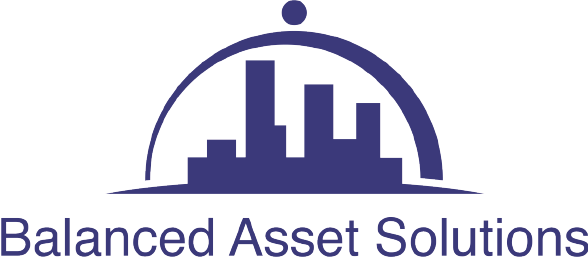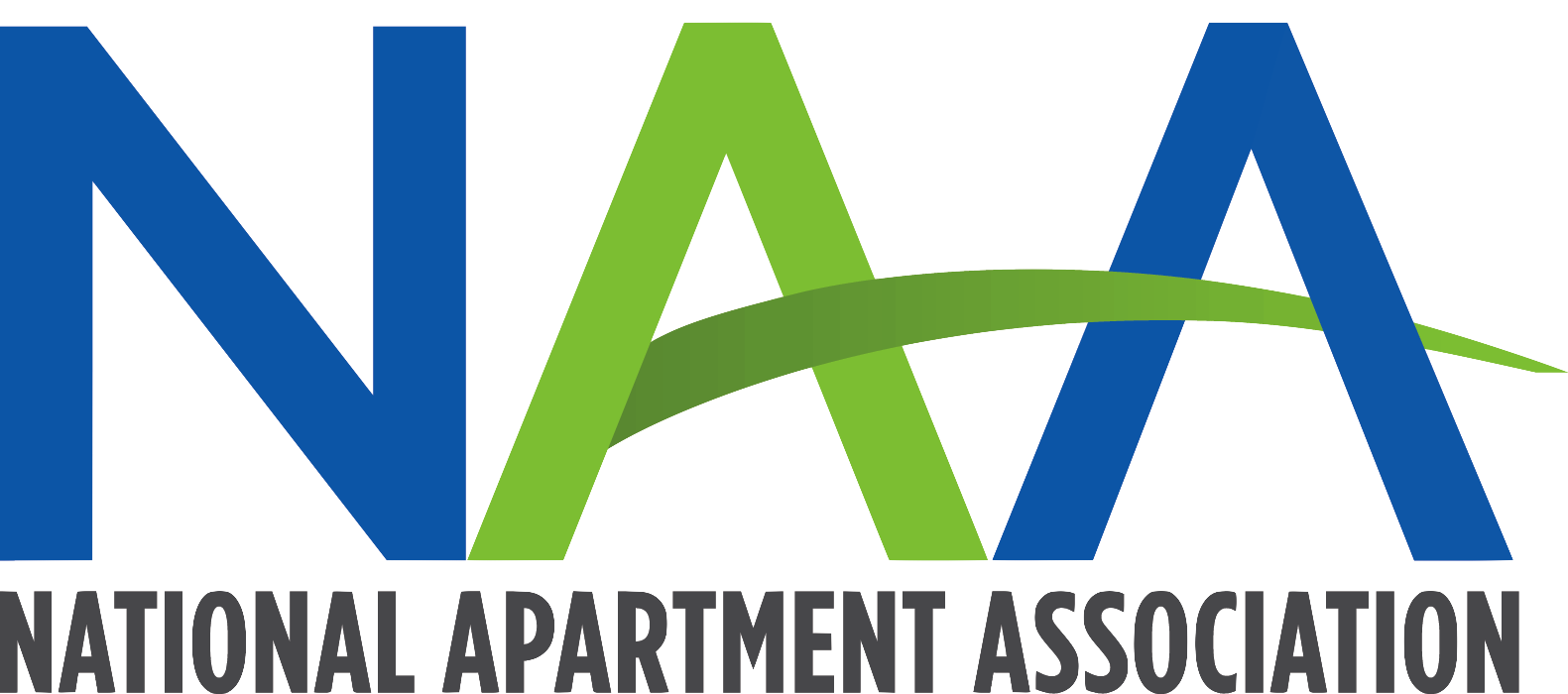Did you know that property management is a multi-billion dollar industry in America alone?
As a real estate company, you need to make sure that your operations comply with all relevant statutory audit regulations.
It can be hard to keep track of the ever-changing laws and regulations, leaving you at risk of noncompliance and potential fines.
Don’t worry – we have the perfect solution for you! Keep reading because our checklist will help you easily identify any areas where your business may not comply with real estate audit regulations so that you can take action quickly and confidently.
What Is a Statutory Audit?
A statutory audit is an independent review of a real estate company’s financial statements, accounts, and records. The purpose of the internal audit is to ensure that those financial statements present a true and fair view of the company’s performance and operations, by the applicable laws and regulations.
An auditor is a person who checks to make sure the company is doing what it says it is doing. The auditor must be independent, which means they cannot have any personal interest in the company. This person must also follow all professional and ethical standards.
Checklist for Statutory Audit of Real Estate Company
This checklist will help you make sure that you have met all of your statutory audit requirements when it comes to running a real estate business. Let’s look at the steps:
1. Prepare Financial Statements That Comply With Applicable Accounting Standards
The auditor will check the financial statements to make sure they are right and fit with your statutory obligations. The auditor will compare them to accepted accounting standards. After the audit, the auditor will give a report that says if there were any differences or if changes need to be made.
Auditors are people who check for mistakes in a company’s money records. It is important for the people who run the company to do their reports correctly so that auditors can understand them.
2. Obtain the Required Documents
Obtaining the right documents for an audit is a critical step in ensuring a successful and accurate audit. All companies should provide their auditors with all the data they need, including contracts, invoices, bank statements, and any other supporting documentation.
The auditor needs to get some records to help make sure the company’s money is okay. This will help protect the company and the auditor from any problems later on. Getting these documents is a very important task that must not be ignored.
3. Verify the Accuracy of Financial Accounts
The heart of an auditor’s role is to carefully scrutinize financial accounts to make sure they are accurate and in line with regulatory standards. The first step in this process is verifying the accuracy of all financial data presented in the company’s financial statements.
Auditors have to do some extra work to make sure that what is being reported on the financial statement is accurate. They have to look at different documents and records to double-check everything. This way they can be confident that what is written down is correct.
4. Test Internal Controls
A CPA is a person who checks a company’s money to make sure it is correct. They check the internal controls. This means making sure the company’s financial reports are accurate and valid. Internal control also means taking actions to make sure the company’s assets are protected and that the company runs smoothly.
CPAs perform testing of internal controls to verify that these policies are followed. When we test the internal controls, we focus on special accounts like payroll, money that people owe us, money that we owe others, and sales. The CPA will look at important papers from each department and talk to people who work there. We do this to find out if procedures are written down and used correctly.
If we have strict rules for how we do things at work, the business will run smoothly and efficiently. This will give management accurate financial information to help them make decisions.
5. Analyze Management’s Representations
When looking at a company’s money, it is important to look at what the company says about its money. This includes things like if the company is following the law and if it has guessed right about how much money it will make or lose in the future.
Evidence must be gathered to support or refute the accuracy and completeness of these representations. A successful audit relies heavily on the auditor’s ability to obtain sufficient and appropriate evidence regarding representations provided by management.
This step is important because it helps us find mistakes that could make the company’s financial information not accurate.
6. Express an Opinion on the Financial Statements
A financial statement audit is a complex process and the auditor’s opinion on its accuracy can make all the difference. If appropriate standards have been followed, the auditor will issue an opinion that the statements are “true and fair” – this assures both investors and creditors alike, allowing them to make informed decisions about the company based on reliable information.
This means that if someone has a negative or qualified opinion, you need to do more research before making any decisions.
Simplify Your Statutory Audit Process With Balance Asset Solutions
Real estate software is a massive upgrade over traditional statutory audit and management solutions. It allows you to have a centralized, easy-to-use source for your data across multiple platforms. This will improve marketing efforts and speed up workflow, all while keeping data safe with industry-strength security.
Balance Asset Solutions is the leader in real estate software and Appfolio solutions. Get in contact today and let us know about the needs of your project.




